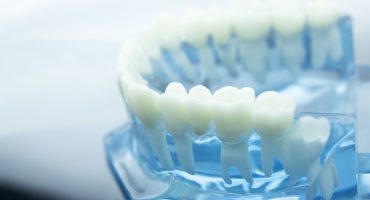Good dentures are expensive. Health insurers usually pay only a small portion of the cost. The insured person must pay for the rest - and these are often high amounts. With supplementary dental insurance, patients can protect themselves against high costs for high-quality dentures. This is because supplementary dental insurance closes the gaps in statutory health insurance.
Overview of this article
- For whom is a dental supplement insurance worthwhile?
- Especially useful for implants
- What should you look for when choosing?
- How much does dental insurance cost?
- Insurance companies provide incentives for dental health
- Supplementary dental insurance - also suitable for children
- Tax deductible dental insurance?
- Conclusion: Saving by Preventing and Insuring




